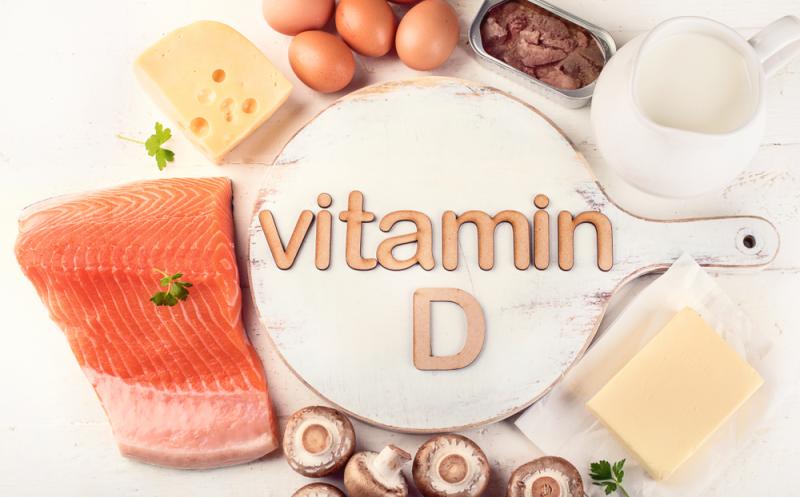Adequate vitamin D, magnesium levels reduce mortality risk in colorectal cancer





The combination of 25(OH)D3 and magnesium appears to lower the risk of mortality in patients with colorectal cancer (CRC), but the underlying mechanism remains to explained, suggests a study.
“[W]e observed that 25(OH)D3 and magnesium may work synergistically in decreasing the risk of all-cause mortality in CRC patients,” the researchers said. “Although our results should be confirmed in diet and lifestyle intervention studies, our findings could contribute to improving recommendations regarding magnesium and vitamin D intake for newly diagnosed CRC patients.”
A total of 1,169 newly diagnosed stage I–III CRC patients from two prospective cohorts were included in the analysis. Multivariable Cox proportional hazard models were used to examine the associations between 25(OH)D3 concentrations, magnesium or calcium intake through diet or supplements at diagnosis and recurrence and all-cause mortality.
The researchers evaluated the interaction between 25(OH)D3 and magnesium or calcium by assessing joint vs separate effects, using a single reference category, and the effect estimates of one factor across strata of another.
Serum 25(OH)D3, calcium, and magnesium—alone and their interactions—did not correlate with CRC recurrence. Serum 25(OH)D3 concentrations, however, appeared to be associated with all-cause mortality. On the other hand, magnesium intake (Q3 vs Q1: hazard ratio [HR], 0.55, 95 percent confidence interval [CI], 0.32–0.95; Q4 vs Q1: HR, 0.65, 95 percent CI, 0.35–1.21), but not calcium intake, inversely correlated with all-cause mortality. [Am J Clin Nutr 2020;111:1007-1017]
Severe vitamin D deficiency compared with sufficient vitamin D concentrations showed a statistically nonsignificant association with a higher risk of all-cause mortality. In contrast, a recent meta-analysis of 11 studies among 7,718 CRC patients found a similar but statistically significant association between 25(OH)D concentrations and all-cause mortality. [Nutrients 2018;10:896]
“However, previous studies did not take magnesium intake into account, whereas we found an attenuated association after correction for magnesium intake,” the researchers said. “Magnesium is essential in the conversion of 25(OH)D3 to the active form of vitamin D, 1,25(OH)D3 and could potentially strengthen the association between vitamin D and outcomes.” [BMC Med 2013;11:187]
Analysis of the relationship between 25(OH)D3 and magnesium in the current study revealed that patients with sufficient vitamin D concentrations (≥50 nmol/L) and a high magnesium intake (median split; HR, 0.53, 95 percent CI, 0.31–0.89) had the lowest risk of all-cause mortality compared with those who were vitamin D deficient (<50 nmol/L) and had a low magnesium intake.
Of note, no associations were seen between calcium and vitamin D in relation to all-cause mortality.
“The active form of vitamin D is hypothesized to have beneficial effects on cancer prognosis,” the researchers said. “There are also indications that vitamin D influences CRC mortality by modulation of immune and inflammatory responses.” In addition, magnesium deficiency is linked to chronic low-grade inflammation. [J Steroid Biochem Mol Biol 2018;185:1-6; Annu Rev Pharmacol Toxicol 2011;51:311-336; J Inflamm Res 2018;11:25]